The Ars Electronica Festival is back at POSTCITY! From September 6 to 10, award-winning media artworks in the categories “New Animation Art,” “Artificial Intelligence & Life Art,” “Digital Musics & Sound Art” and “u19 – create your world” will be making guest appearances here, along with innovative projects at the interface of art, technology and science that have the potential to contribute to economic and social innovation. We spoke with the Project Managers for the Prix Ars Electronica and S+T+ARTS exhibitions, Masha Zolotova and Emiko Ogawa, to learn more about the challenges of the venue and the current status of the exhibitions.
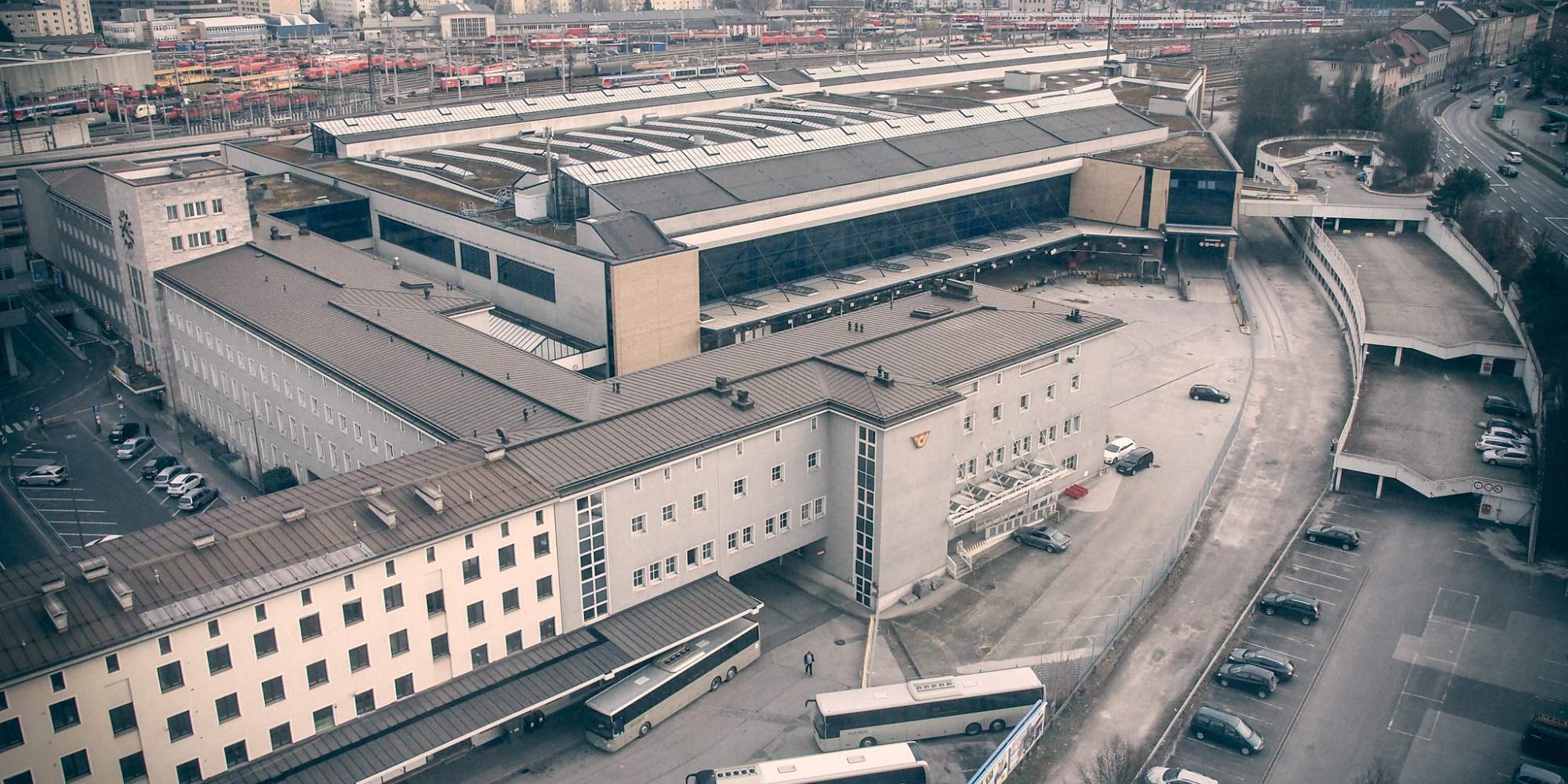
With festival being back at the POSTCITY, are there any unique features or challenges associated with the venue?
Emiko Ogawa: I believe it’s important to mention that we are organizing the Prix Ars Electronica exhibition for the second time as part of the festival. However, this is the first occasion where the Prix Ars Electronica exhibition will be integrated into the POSTCITY showcase. This integration presents new challenges in terms of incorporating this conceptual piece into the existing and stable festival structure. We need to find a suitable location and determine how to effectively include this significant component of the Ars Electronica Festival within the POSTCITY.
Masha Zolotova: The S+T+ARTS award exhibition has already found a permanent place in POSTCITY, so this is not a major problem for us. Nevertheless, the venue brings some challenges, in particular the difficulty of presenting certain projects in a space designated for the S+T+ARTS exhibition. One of the challenges we are facing concerns the video installation Broken Spectre by Richard Mosse. Our goal is to find a suitable location within the exhibition space. We have found a possible location and are currently assessing the feasibility of the project. If successful, this project will undoubtedly be one of the most fascinating and remarkable aspects of the exhibition. The plan is to have a full-size video installation with a 20-meter projection screen and a 20-channel sound system.
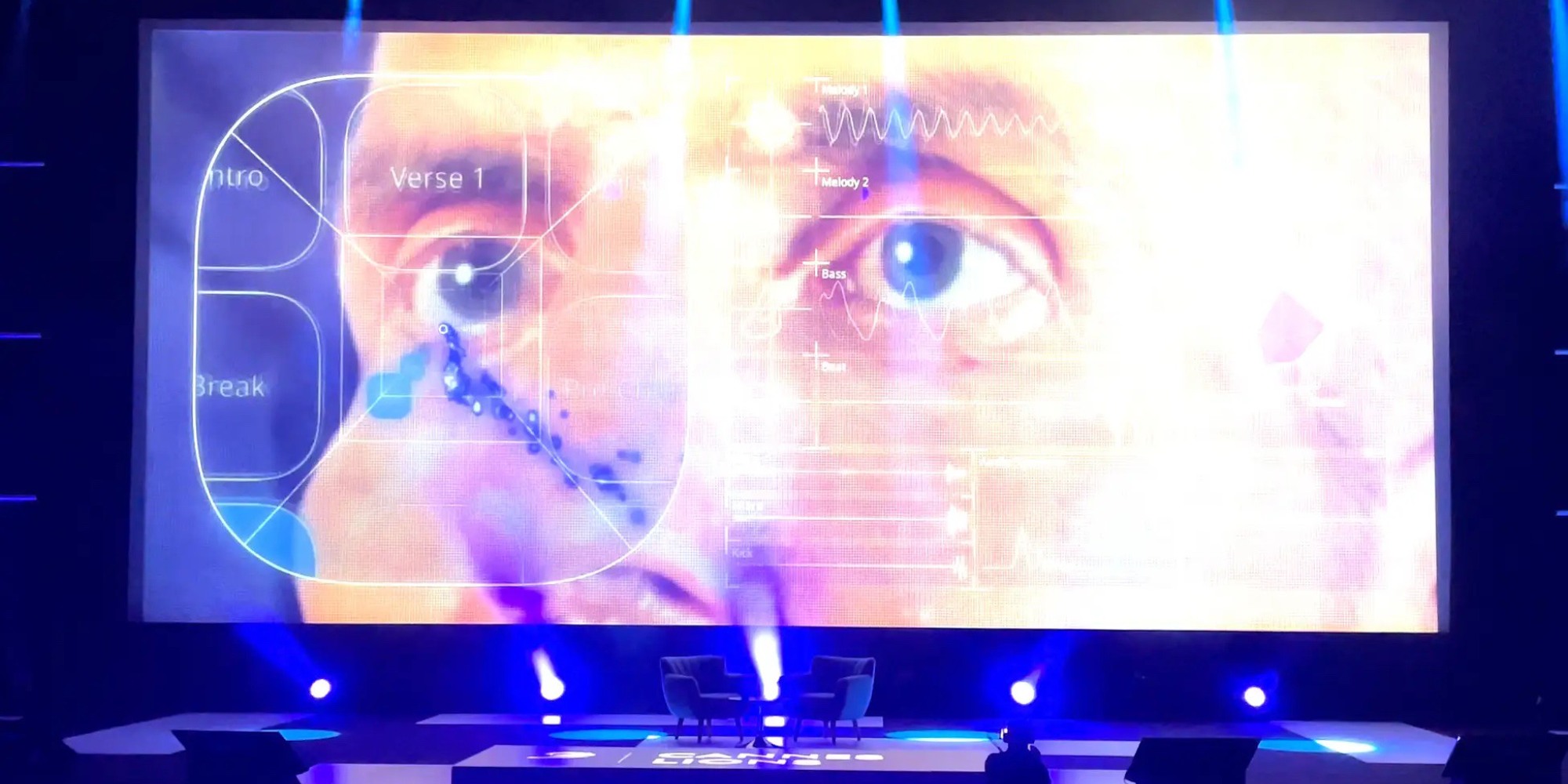
What’s the current status of the exhibition process or what has been done already?
Emiko Ogawa: Currently, we are in the ongoing phase of constant estimation. We are carefully assessing the feasibility of showcasing all projects within our limitations. Unfortunately, it is impossible to exhibit every single project. Therefore, we have already curated a selection of works that should be included in this year’s Ars Electronica Festival. Our goal now is to finalize the feasibility of these chosen projects.
Masha Zolotova: We have successfully established communication with all the esteemed artists we intend to feature, and we are currently engaged in the task of strategically allocating them within the exhibition space. Our objective is to create optimal opportunities for each artist to present their projects in a captivating manner. Consequently, I am confident in asserting that we have compiled a comprehensive list. As we proceed, we are actively negotiating the intricate details and diligently seeking solutions to any potential technical challenges that may arise along the way.
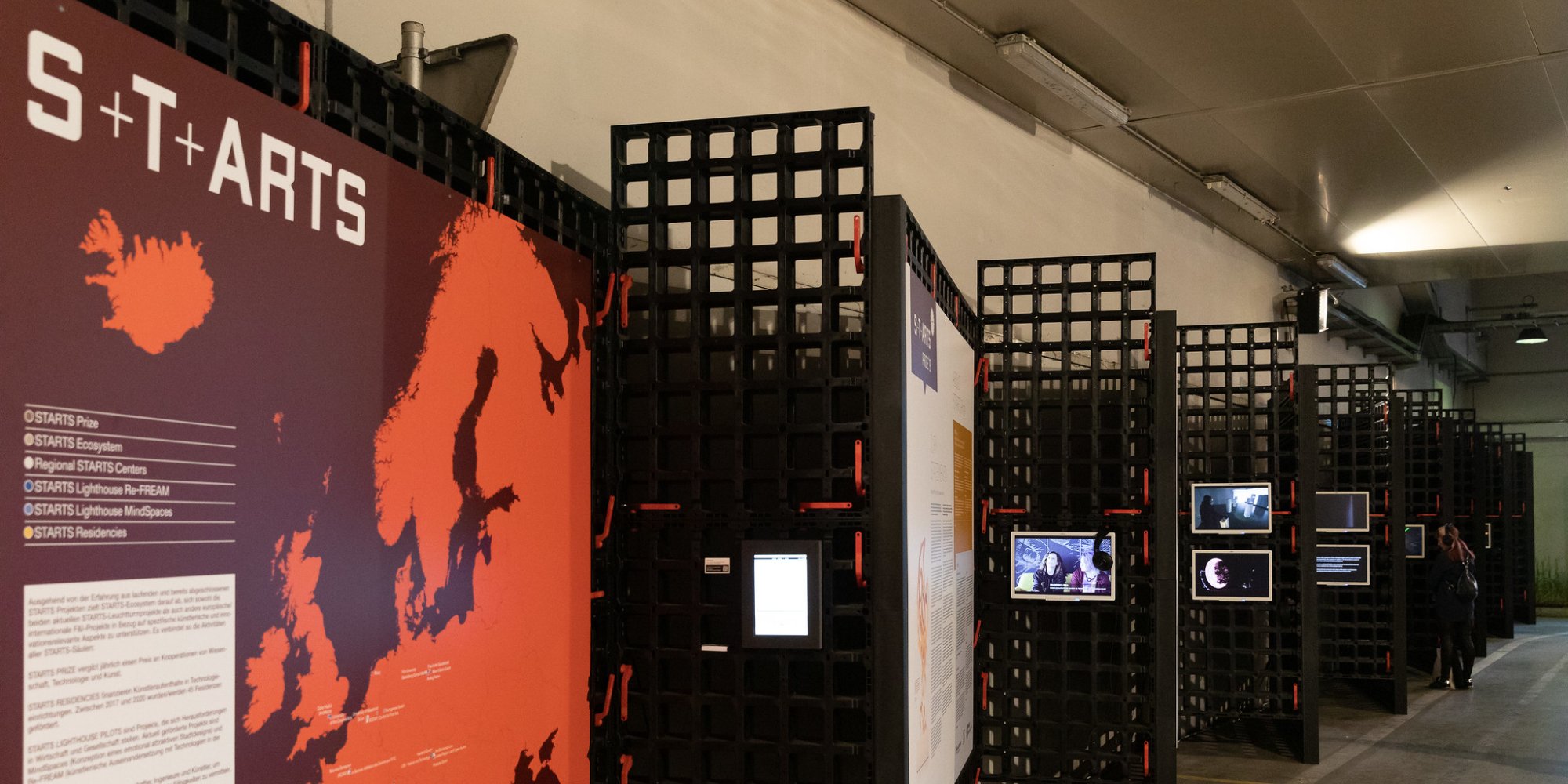
What are the next steps now?
Emiko Ogawa: We are currently looking for a narrative approach that effectively complements each artwork. Simultaneously, we would like to develop an engaging narrative that encompasses various areas such as Artificial Intelligence & Life Art, or maybe a combination of topics that go beyond the categories of the Prix Ars Electronica.
Masha Zolotova: I believe that, similar to any exhibition production, the process here entails finalizing the setup, confirming the artist lease, and finalizing their architectural structure. We already have drafts and ideas in place for these aspects. All project requirements are taken into account during this process, and it should be designed accordingly to bring our envisioned concept to life. This phase is both the most challenging and interesting, as it provides an opportunity to witness how all the projects come together within the space.
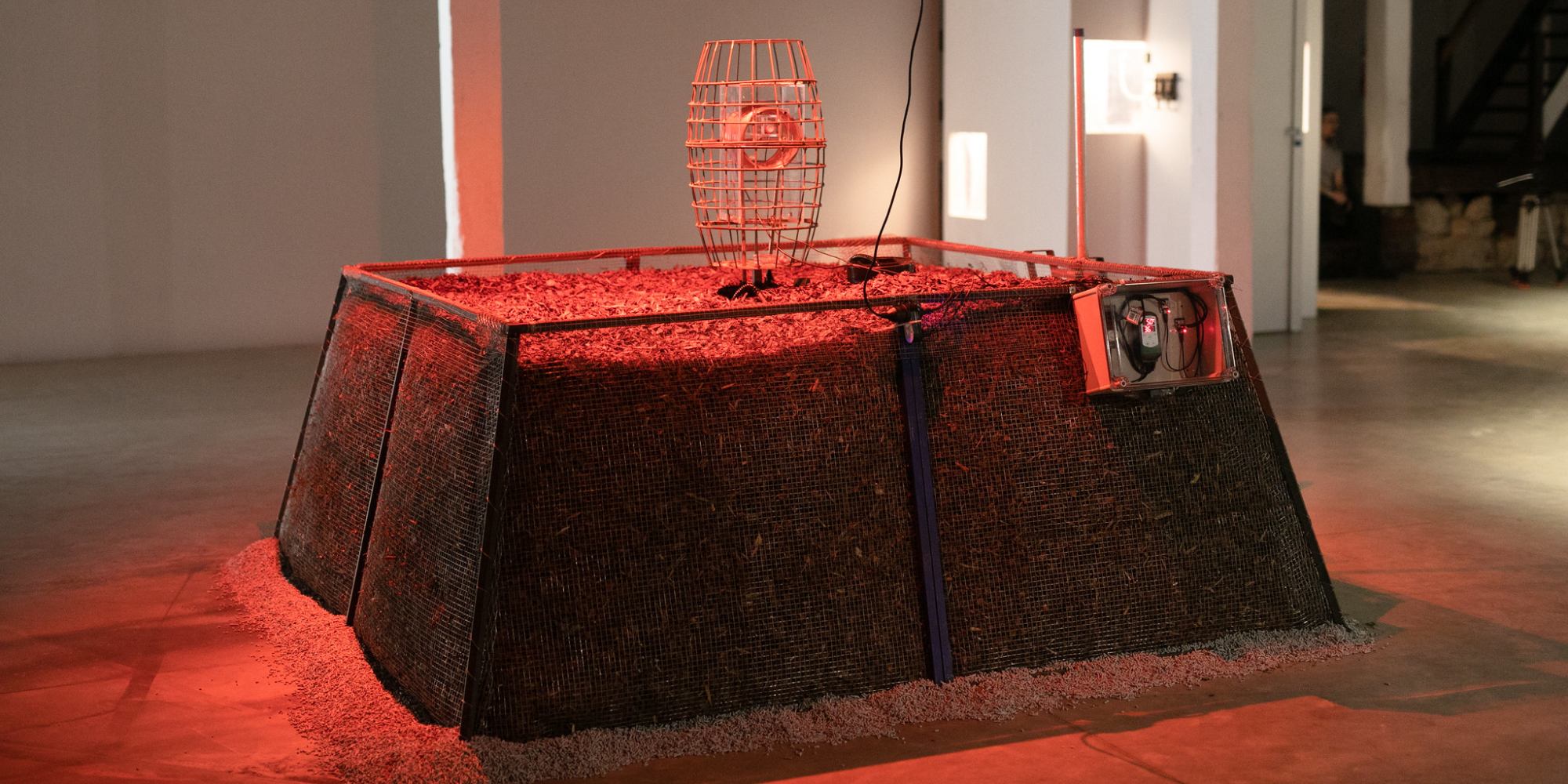
Can you already tell us a little bit more about the program?
Emiko Ogawa: Oron Catts from 3SDC project will come to Linz and will give an expert tour. Also the Animation Festival will take place again at the Ars Electronica Center during the Festival and the Prix Forum for Digital Musics & Sound Art and Artificial Intelligence & Life Art will take place at the POSTCITY conference room.
Masha Zolotova: The winner of the Honorary Mention for the project Labyrinth Psychotica – The Anoiksis Experiment by Roomforthoughts, Jennifer Kanary will be conducting a workshop on mental health and psychological causes. Additionally, we have Alexandra Daisy Ginsberg‘s project, Pollinator Pathmaker, where visitors will have the chance to design their own garden using the platform. While the platform is accessible online for designing at home, being present at the exhibition would give them the time and space to work on it. They can even print their design and take it with them. In the ALL PLAYERS TOOL LAB, we will showcase the software in the exhibition. This will allow people to come and try using their eye-capture sensors to play music with their eyes.
These and many other projects will be on display at the Ars Electronica Festival as part of the Prix Ars Electronica and S+T+ARTS exhibition. More info on the Ars Electronica Festival 2023 “Who Owns the Truth?” can be found here and the festival highlights here.
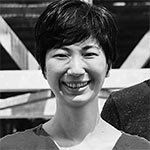
Emiko Ogawa is an artist and a curator. She is currently working for the Prix Ars Electronica, the world’s most time-honored media arts competition. She worked on the signage system and produced drawings for the renewal of the Ars Electronica Center in 2009, and since then, she has worked on planning exhibitions for the Ars Electronica Center, the Ars Electronica Festival, and Ars Electronica Export. She creates installations and workshops under the topic of ‘creative catalyst’ and invites audiences to participate. As an artist, she is in charge of creative direction, graphics and interaction design in the media artist group h.o(hdoto). Working to ‘sense the invisible’, they create experimental projects that foster communication and make revelations about society.
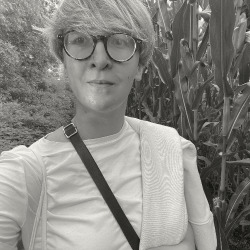
Masha Zolotova is the project manager of S+T+ARTS Prize. Her main interest lies in interdisciplinary and collaborative projects, in analysis how they open up new perspective, intersect with ecological and social systems. Masha studied Media Arts Cultures at the joint master degree program from Danube University Krems, Aalborg University and University Łódź, and worked in various institutions, among others ZKM and Laboratoria Art&Science, as researcher and producer.
